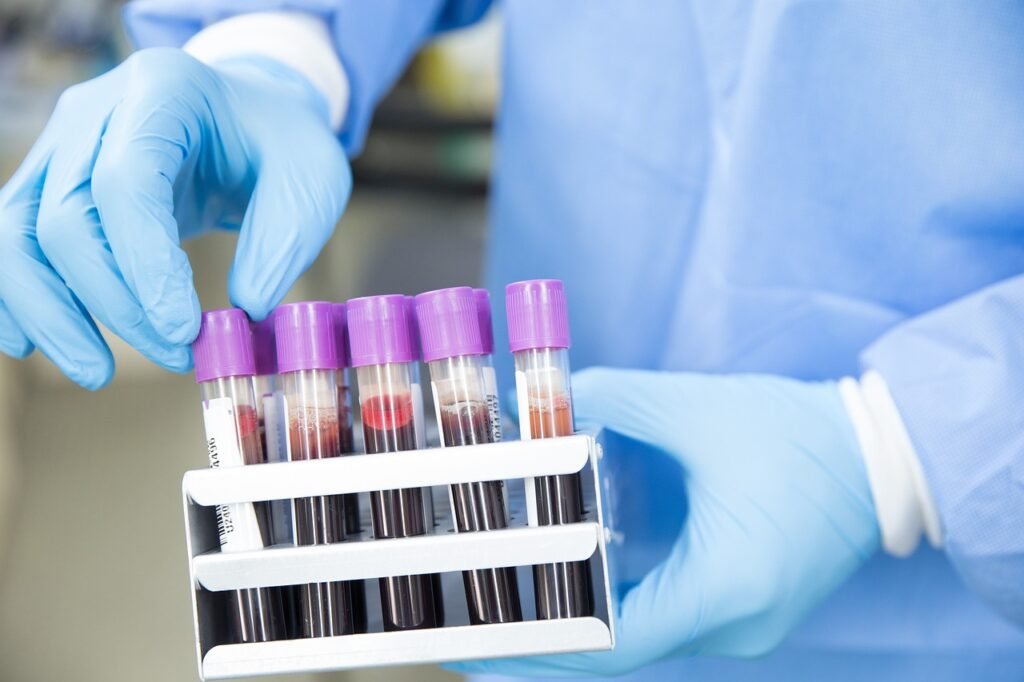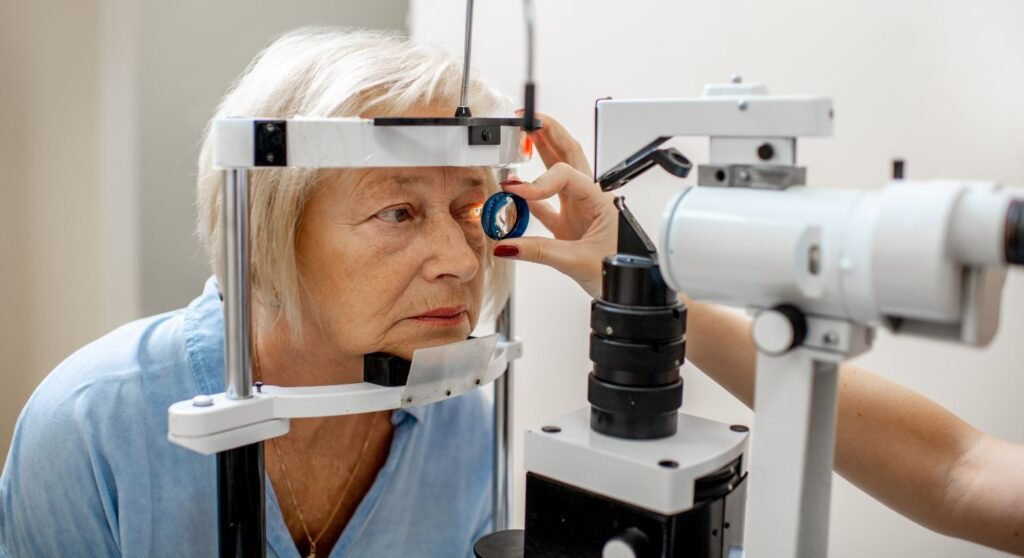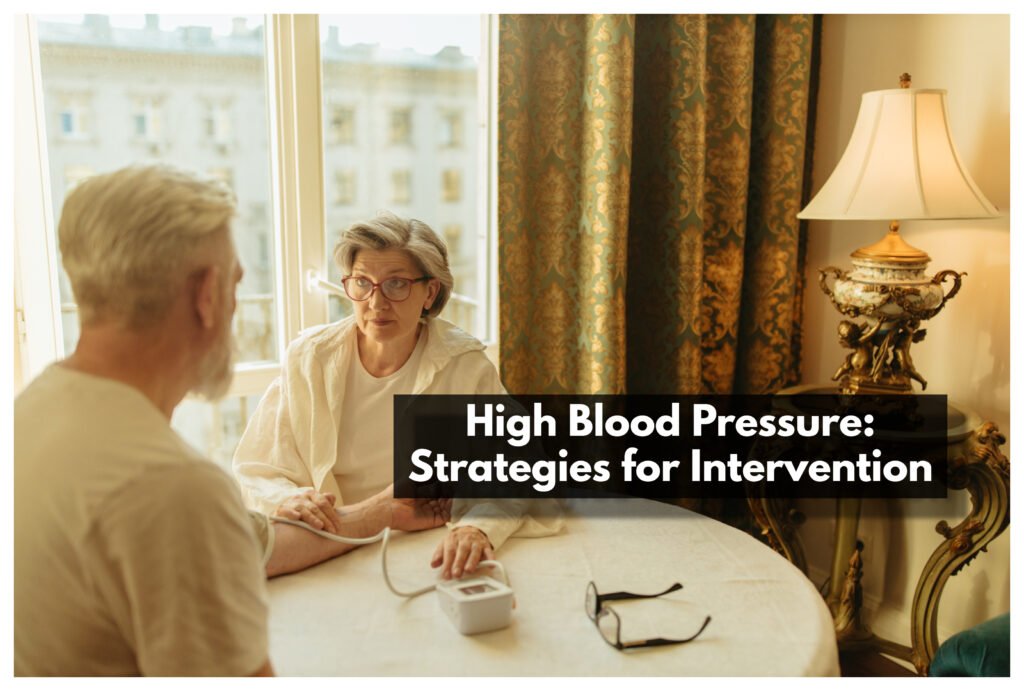A Breakthrough in Alzheimer’s Detection: Simpler, Sooner, and More Accessible

Last Updated on July 14, 2025 by Rose Ann
For those of us in our 60s and beyond, the fear of Alzheimer’s is all too real. Maybe you’ve seen a loved one struggle with memory loss, or perhaps you’ve worried about your own cognitive health. The good news? Diagnosing Alzheimer’s may soon become as easy as a routine blood test—no expensive scans or invasive procedures required.
Recent research, like the study covered by Medical Xpress, reveals that a new blood test can identify Alzheimer’s with remarkable accuracy. This is a big deal because current diagnostic methods—PET scans and spinal taps—are costly, time-consuming, and often uncomfortable. A simple blood test could change that, making early detection faster, cheaper, and far less stressful.
Why does this matter so much for our age group? Because catching Alzheimer’s early can make all the difference. Early diagnosis means more time to explore treatments, plan for the future, and make the most of precious moments with family and friends. As USA Today notes, “The earlier you can detect the disease, the more you can do to slow its progression.” That’s hope we can hold onto.
Dr. Randall Bateman, a leading Alzheimer’s researcher, puts it simply: “Blood tests are the future of Alzheimer’s diagnosis. They’re simpler, cheaper, and far less burdensome for patients.” For anyone who’s faced the anxiety of memory concerns or watched a loved one navigate this difficult journey, these words are a welcome reassurance.
Of course, this test isn’t yet available at every doctor’s office—researchers are still refining it to ensure it’s as reliable as possible. But the progress is encouraging, and it could soon transform how we approach Alzheimer’s care.
Want to learn more about this promising development? Read the full articles here and here. Knowledge is power, and when it comes to Alzheimer’s, early detection could mean more quality years ahead.
Stay informed, stay hopeful, and keep an eye on this exciting advancement—it might just change lives.





